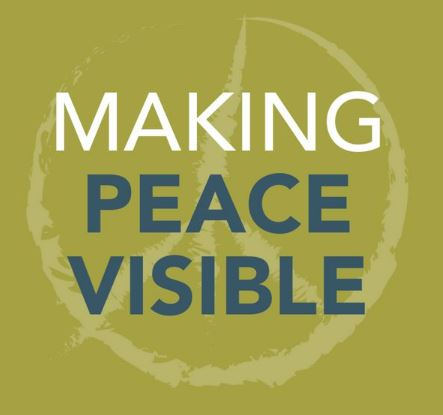If you’re listening to this podcast, you’re probably concerned by the level of polarization we’re seeing in societies around the world.
We can point fingers at social media, the news media, political parties, fear mongering leaders, poor education, broken political systems… the list is long. The divides can seem so vast, the problems so huge. It’s easy to retreat into a huddle with people who see the world the same way you do.
But our guest for this episode, Columbia University psychology and education professor and author Peter T. Coleman, says there are things each of us can do to help heal these societal wounds. And he says the press and media can play an important role in decreasing polarization.
That's the subject of his latest book, The Way Out: How to Overcome Toxic Polarization. Coleman outlines evidence-based practices that you can do on your own- or with a group- to help recalibrate assumptions, and re-create bonds with people you disagree with.
Coleman also partnered with the organization Starts With Us to turn the lessons from the book into an online challenge, called Finding the Way Out. It's like an exercise routine, for strengthening your compassion muscles. The book is focused on the United States, but the exercises can be done anywhere.
Follow Peter T. Coleman on Twitter: @PeterTColeman1
Making Peace Visible is hosted by Jamil Simon and produced by Andrea Muraskin. We had help on this episode from Faith McClure. The podcast is a project of War Stories Peace Stories. Follow us on Twitter @warstoriespeace.
